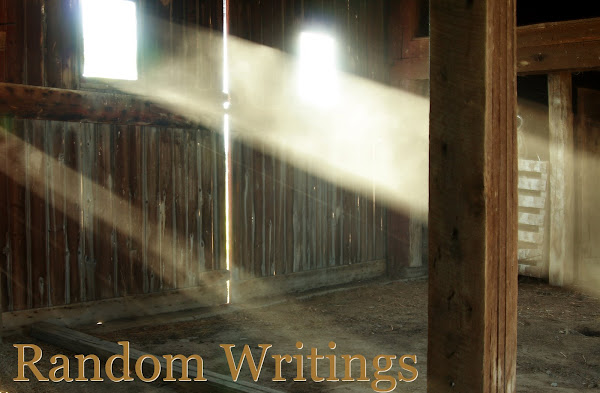With the current debate on the debt issue in Washington, I am brimming with thoughts and need to get the out before I explode.
I fail to see the positives of either alternative here. More multi-billion dollar stimulus packages that simply prop up a failing system for another few years, hopefully long enough for our current elected officials to ride out their careers and never have to accept any of the blame? More half-assed budget cuts that reduce projected (not actual) spending by 1%? Sounds like a plan for success to me.
I probably don't agree with everything that all of the Tea Parties say, as I don't have the time nor the inclination to follow congress that closely, but the ones I have heard speak make a ton of sense to me (specifically the Paul's, and my own district's Amash, don't know much about any of the others).
To be completely honest, I don't trust anybody in Washington to do the right thing. Our elected officials are either too jaded, too out of touch with reality, or too sold out to do what is right for the people, rather than their party or their plan.
I think it is a systemic problem that reaches beyond Congress, but that Congress certainly contributes to. I actually blame our media more than Congress, to be completely honest. We glamorize a life of luxury, but demonize the few that have worked their asses off to actually afford it, only to subsidize those who live like they’ve “made it” when they can’t afford it. People who have money typically have it for a reason. 80% of the millionaires in the US are 1st generation rich, which means they’ve earned their money, they’ve pinched their pennies and saved. They’ve worked their asses off, created something for our economy to stand and thrive on, lived within their means for years and now have financial success, but yet we want to tax them through the nose to support those who don’t want to work their asses off, who don’t want to create something out of nothing (aside from their handout), who don’t live within their means, but still want to lead the glamorous life style that they've neither earned nor deserve.
Call me simple or stupid, but that seems ass backward to me. We should be learning from their success, not punishing them for it. I don't understand how raising spending without raising revenue is a sustainable system. If I have a $50,000 dollar a year income, I can't add $20,000 a year in debt without going broke. I have to live with my $50,000 a year, and if I want more, I work my ass off, get a raise, but still live like I make $35,000 and put the extra in the bank. Then, after a few years, I might just have enough money to have the honor of being taxed through the nose as well.
Nor do I understand how government that is constantly growing out of control based on money we don’t have is a good thing. There is a word for this in medicine; cancer, and last I checked, that is a bad thing.
Yes, maybe it is easier now, and for the next 10 or 20 years (if we make it that far!), to just ride the wave, but at some point, we either run out of money or create too much new money out of thin air that the wave we’re riding so merrily along crashes down on our ever brittling sandcastle.
Maybe if we stop living beyond our means and start living more humbly, we can fix the problem. Hell, if we stop acting like asshats on the world stage, maybe the rest of the world wouldn’t hate us so much and we could even cut our defense budget, which would put a large dent in our deficit.
Will cutting spending and balancing our budget slow the economy? God I hope so. A system that relies on massive amounts of debt to keep up its crumbling facade is not a system I want any part of, and if we continue to try to fix the problem by piling on the load, it will just crash down all the harder. Better to let it down now than later.

